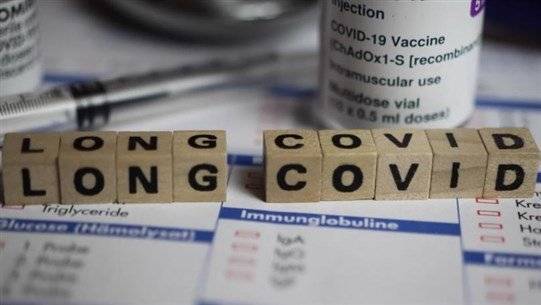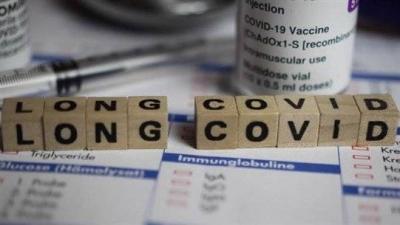There is still much unknown about the widespread condition known as "Long COVID"; however, it seems that diet plays a role in alleviating certain symptoms and aiding recovery. The website "Express" spoke to Rob Hobson, Head of Nutrition at Healthspan, about the best foods that can help in overcoming the condition. He stated, "First and foremost, it’s about consuming a healthy, balanced diet that reflects a Mediterranean-style eating pattern." He added, "This type of diet will help support all aspects of your health, including your immune system."
In addition to the overall healthy diet, the expert recommended specific foods and ingredients that may help. If you're feeling fatigued all the time, the type of carbohydrates you consume can play a certain role. Hobson said, "If fatigue is an issue, opt for whole grain carbohydrates to help provide a sustainable level of energy between meals."
Another common symptom among those with Long COVID is the loss or alteration of taste and smell. The nutrition expert recommended trying to awaken your taste by incorporating "strong flavors." He said, "Changes in taste and smell can affect your desire to eat, so try to include plenty of strong flavors to regain some essence of taste. Try foods like spices, citrus fruits, and cheeses."
Additionally, food aversion is a known symptom of Long COVID. Hobson advised, "If you are losing weight due to a poor appetite, consider changing your eating pattern to small meals more frequently. Make all your meals as nutritious as possible to maximize their nutritional benefit."
The expert mentioned, "Gut health is important for health and immunity, so include foods that support a healthy microbiome, including fiber-rich foods such as whole grains, vegetables, nuts, seeds, and probiotic foods." Besides enhancing your diet with fiber-rich foods, Hobson also suggested supplements. He noted, "Probiotic supplements may help treat digestive symptoms but have not been proven effective in treating Long COVID itself."
When it comes to dietary supplements, vitamin D can be another beneficial product. If you’re spending most of your time indoors due to illness, consider taking vitamin D throughout the year. Although more research is currently needed to determine the precise role of the sunlight vitamin in COVID, some studies have found a potential link between the two. For instance, studies have shown that people with vitamin D deficiency were more likely to test positive for the virus. Furthermore, individuals with high rates of vitamin D deficiency who experienced acute respiratory failure were more likely to die, according to the Mayo Clinic.




